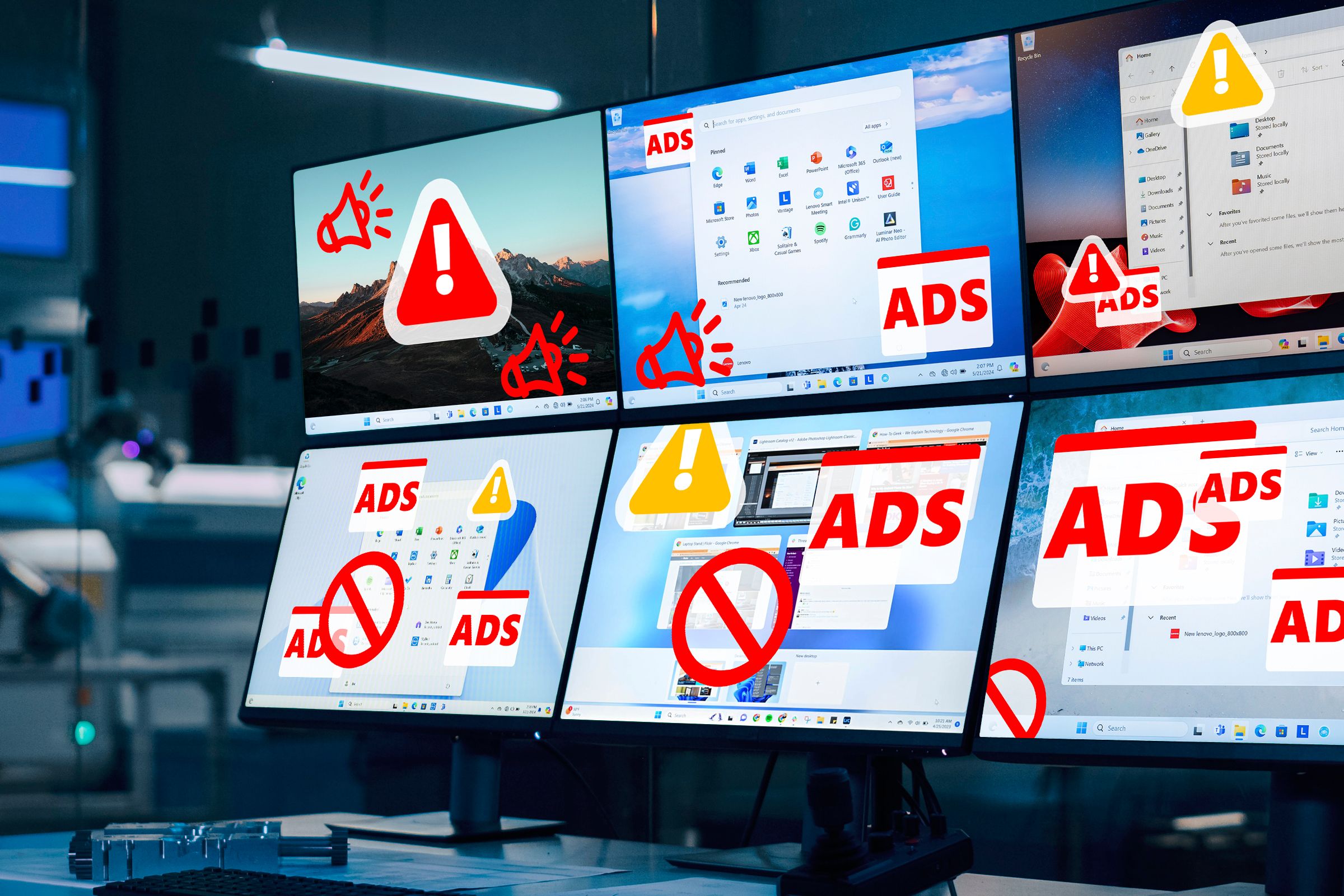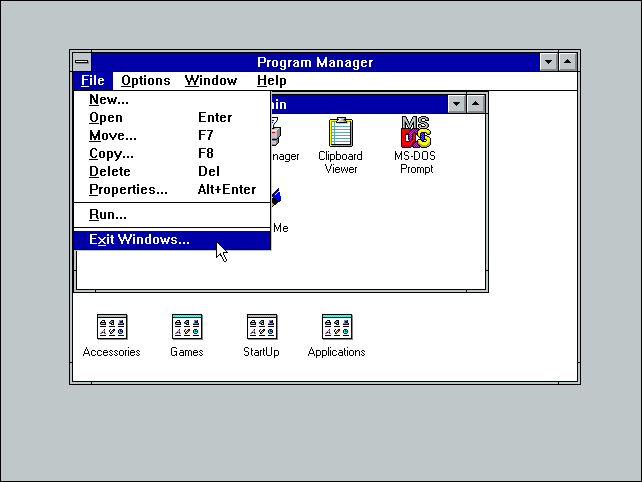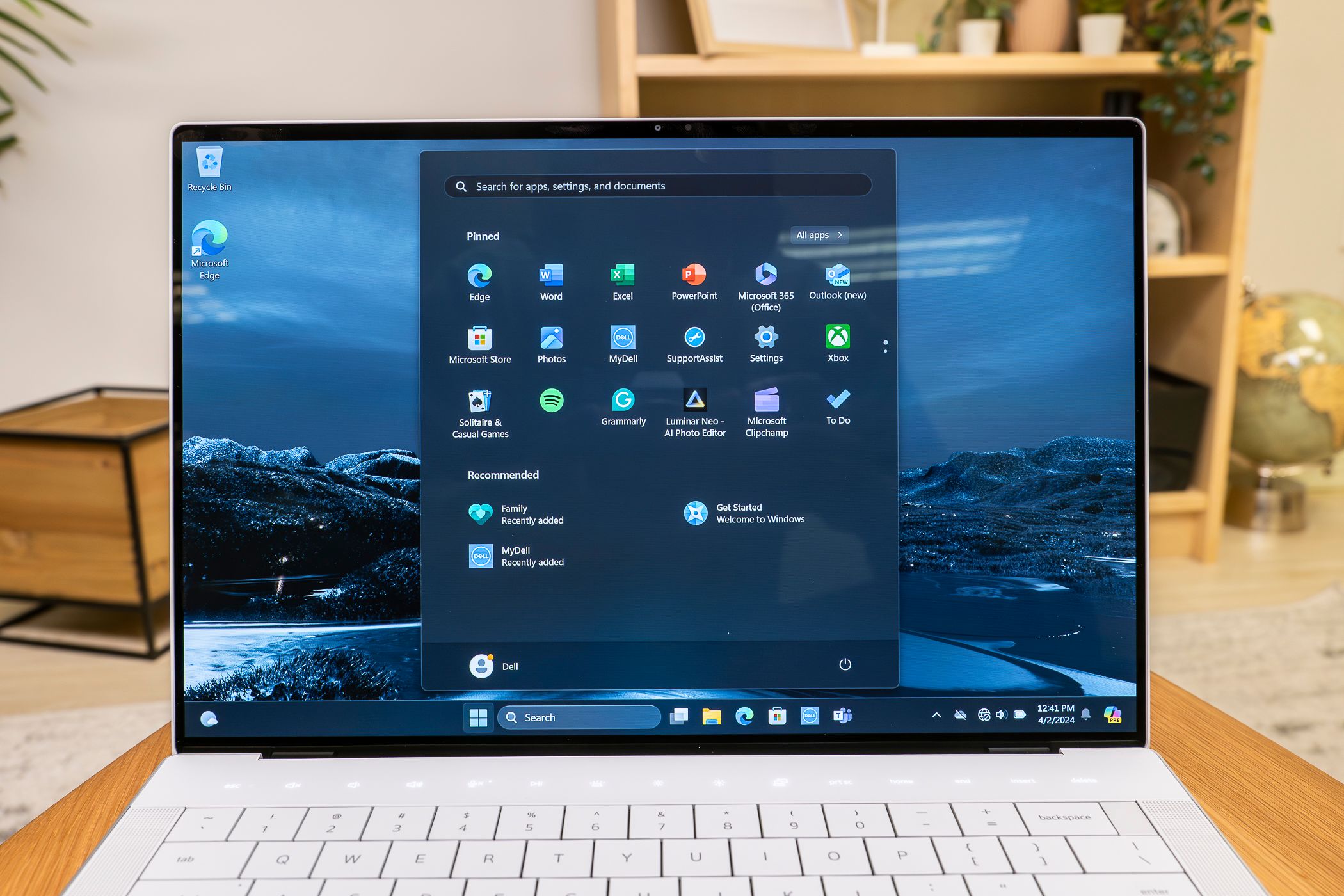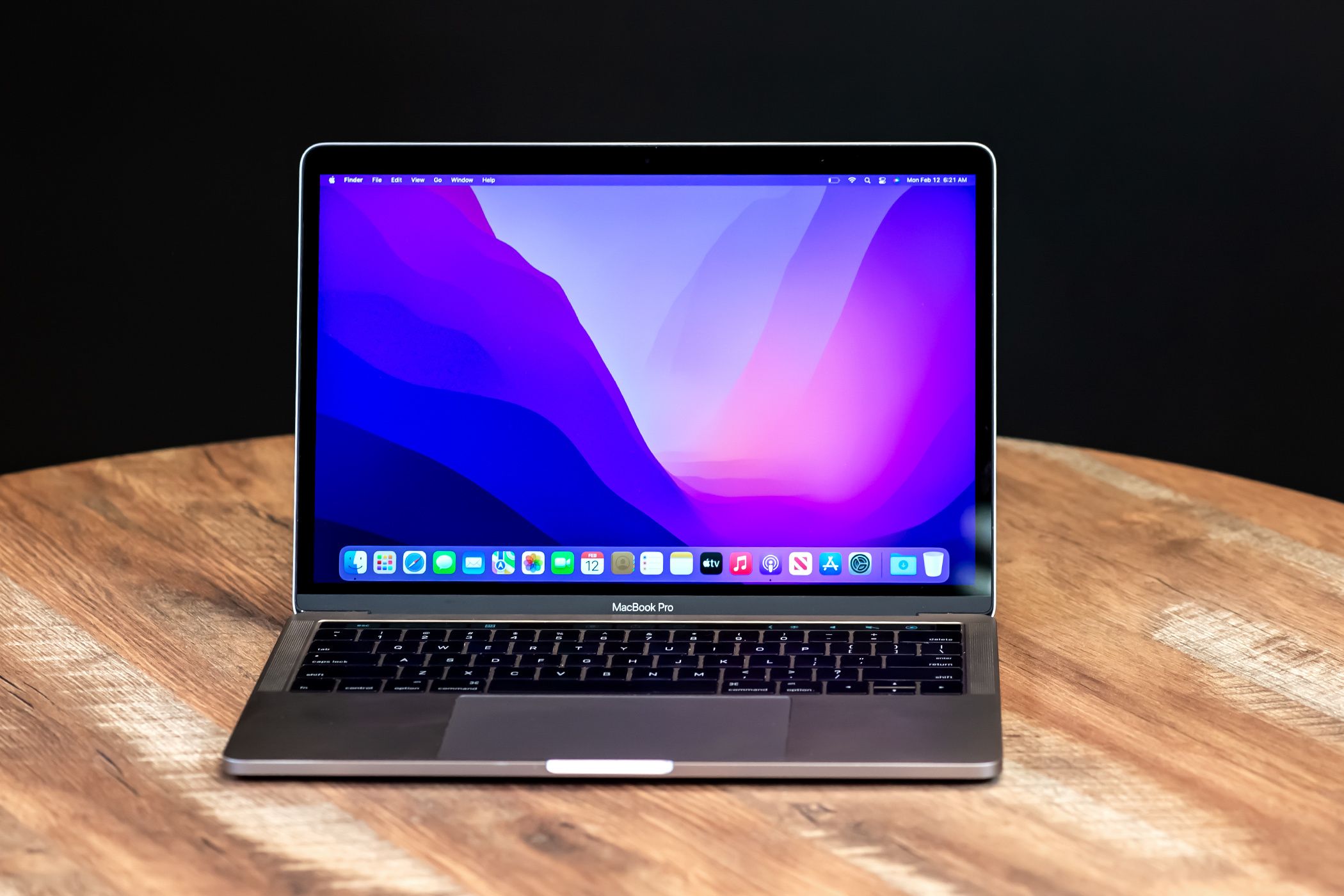
Feeling Alienated by Your Windows Device? Here's How to Reconnect and Take Control Again!

Feeling Alienated by Your Windows Device? Here’s How to Reconnect and Take Control Again!
Key Takeaways
- Windows feels more commercial, less personal; past versions were disconnected & resilient.
- Advertising integration in Windows makes it feel cheap.
- Updates, intrusive changes, settings modifications, and lack of control plague modern Windows systems.
An operating system is the most personal part of a “personal” computer, and it used to be that as a Windows user I didn’t feel like I was renting my computer from Microsoft, but in recent years that feeling has all but evaporated. To me, Windows feels cheaper and more commercial than ever, and that’s not a recipe for a good user experience.
The Offline Glory Days of Windows
The first version of Windows I ever used, coming from MS-DOS, was Windows 3.1. While Windows 3.1 might look incredibly primitive today, it’s hard to explain just how big of a leap this was for a kid who had to memorize the Command Line instructions just to play some games. Things didn’t really kick off for me until Windows 95 and our first taste of the internet, but even then, 99% of my Windows time up until Windows 7 was spent disconnected from the net.

In retrospect, this was actually a good thing in some ways, because it meant that Microsoft couldn’t remotely mess with my Windows installation. Patches and updates came in the form of Windows service packs, and those were on actual physical floppy disks or CD-ROMs. If my computer worked yesterday, and I didn’t change anything myself, it would almost certainly keep working until I inadvertently broke it myself.
Now that Windows is almost always online, my “personal” computer experience is feeling quite a bit less personal.
Advertising Sneaking In

Jerome Thomas / How-To Geek
If you bought a laptop or a pre-built computer you probably didn’t think much about the price of Windows, but the fact is that Windows has never been an inexpensive operating system. As someone who has almost always built their own computer, I’m keenly aware that this software cost a significant amount of money. Which is why I and many other people were a little irked when Windows started introducing advertising and writing guides on how to turn off advertising in Windows became a popular new pastime for us tech bloggers.
Basically, it now feels like Windows is partly subsidized by advertising, and regular users can’t just have the operating system they paid for without being sold more software and services. It’s not (yet) the most egregious way to go about it, but for someone who prefers absolute minimilism in their computer interfaces, it’s not working for my feng shui.
Updates Breaking My PC
At this point, I have lost count of the number of times that I’ve left my perfectly working Windows computer at the end of my work day, only to return to a completely broken computer that won’t boot the next morning. We have numerous articles at How-To Geek on how to stop Windows from updating , and the mere fact that readers are searching for this information should tell you something.
Forced, automatic Windows updates seem inevitable now, and with every workaround people come up with, the loopholes are closed. Updates can be delayed, but not deferred. Resistance is futile. Which is why I find it hard to even trust Windows to run a Plex server or a NAS, because inevitably it will reboot the computer without asking me first.
Leave My Settings Alone, Microsoft
When I have my computer set up a certain way, I’d like it to stay that way permanently. Yet search the forums on sites like Reddit or Microsoft’s own community forums , and you’ll find numerous complaints about settings changing after updates. It can be innocuous stuff or more serious or impactful things, such as privacy settings. If anyone is going to flip the switches on my computer to control how it behaves and what’s allowed, it should be me.
My Mac Doesn’t Feel Subsidized

Sergio Rodriguez / How-To Geek
My constant technical issues with Windows 10 updates eventually led me to switch to macOS back in 2019, and the difference in user experience is stark. You won’t find bright garish ads for games or apps anywhere except for the actual App Store, which is where they belong. Intrusive “notifications” that are really just advertising ? I haven’t encountered that on macOS yet!
Honestly, it might sound weird, but macOS feels like the offline Windows experience of old to me. In fact, the operating system tends to stay classy and out of my way as far as possible. I’ve been thinking that the common complaint that Macs cost too much for the hardware you get misses the fact that you are also paying for the software. You get macOS and several other full-fat apps, such as the iWork suite, Garageband, and iMovie included in the price of entry. You pay more now, and don’t have annoying monetization efforts later.
When I use my Windows 11 laptop (which was more expensive than my Mac, mind you), it feels like those Amazon Kindles that are subsidized by ad money. Except, at least Amazon gave us the choice.
Linux Respects Its Users
The other major player here is of course Linux in all its varied distributions. Here you are literally getting the operating system for free. The closest that a distro of Linux has come to punting ads was when plugs for software showed up in the Ubuntu Message of the Day and more recently a sort-of “ad” for Ubuntu Pro in the terminal. If anyone knows of other examples of native ads in a Linux distro, I’d love to hear about it in the comments.
I’ve had an on-again-off-again relationship with Linux over the years, and daily drove it during seven years of university, and never did I feel that I was being exploited or not in control. In fact, I was probably in too much control, which is why you can break Linux in so many creative ways just by being a dummy.
Can Windows Make a Comeback?
More and more, I feel like Windows is just becoming a loss-leading front-end for Microsoft to sell its many software-as-a-service products. They don’t even do anything if you don’t activate Windows other than block wallpaper changes and put a tiny watermark in the corner. You can be sure you can still subscribe to their services even if you didn’t pay for Windows!
I really hope there will be some way in the future to get a version of Windows (that’s not for enterprise users) which gives you the choice to have Microsoft butt out of the daily running, appearance, and settings of your computer. I hate to even suggest it, but I might even be willing to pay for an “ad-free” or “hands-off” version of the OS. Will this happen, or will Windows continue to slowly turn into a twisted Black Mirror version of itself? As someone who actually likes Windows, I sure hope it can turn that corner.
Also read:
- [New] In 2024, 8 Best Youtube Video Promotion Services (Real)
- [New] Pioneering Storytelling with Insta & YouTube Fusion
- Bust the Quietness in Evil Genius 2 - Troubleshooting Sound Problems
- Fake Android Location without Rooting For Your Samsung Galaxy M14 4G | Dr.fone
- How Will U.S. Legislation Challenge the Titans?
- In 2024, How To Activate and Use Life360 Ghost Mode On Poco M6 Pro 4G | Dr.fone
- Interlinker's Companion Navigating Instra-to-TikTok for 2024
- NVIDIA GameStream Overlay Problems – How to Resolve Them
- Overcoming Slow Framerate Challenges for a Smoother Experience in Outriders
- Resolved: Issues with Launching Civilization VI on Windows 10 – Fixed
- The Complete Walkthrough for Accessing Components in W11
- Ultimate Compatibility for Your HP Color LaserJet Pro MFP - Download Latest Drivers Here!
- Title: Feeling Alienated by Your Windows Device? Here's How to Reconnect and Take Control Again!
- Author: Daniel
- Created at : 2024-12-02 17:02:29
- Updated at : 2024-12-06 18:45:00
- Link: https://win-answers.techidaily.com/feeling-alienated-by-your-windows-device-heres-how-to-reconnect-and-take-control-again/
- License: This work is licensed under CC BY-NC-SA 4.0.